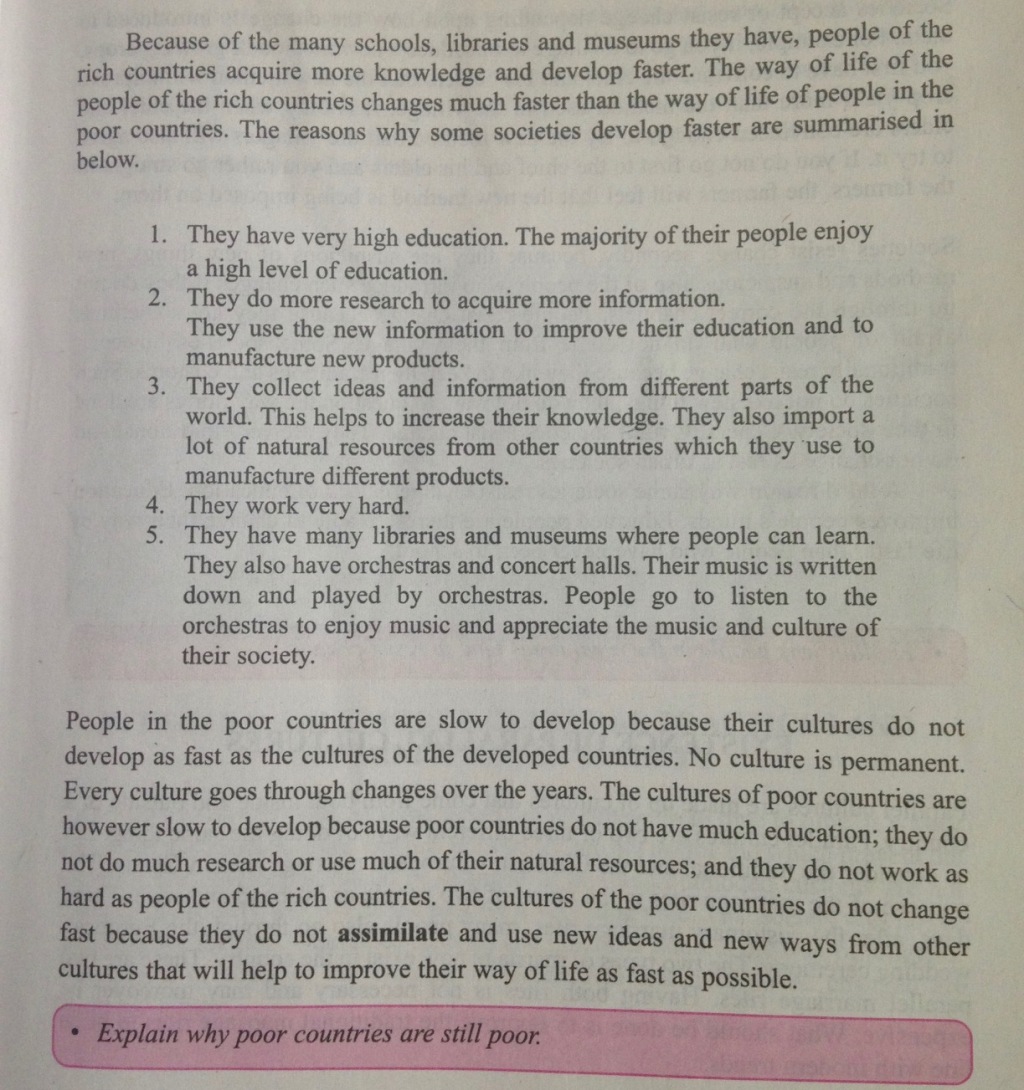Third World Quarterly recently published an article that sent academics and their networks — Twitter, listservs, etc — in to outrage. The article, entitled The Case for Colonialism, argues that colonialism has (unjustifiably) gotten a bad name over the past century, and that there are in fact lessons are to be learned from colonial rule. The kicker is the author’s call for re-colonization in some cases, and he cites Paul Romer’s charter cities as an example of how to do so (though outside the scope of this essay, charter cities — privately run cities — definitely deserve our attention).
As I read the article and numerous responses to it, I became troubled by the swift, “of course colonialism isn’t good!” responses. This isn’t because I think there is a case to be made for colonialism — I don’t. Rather, I worried that such responses overlook opportunities to interrogate very real colonial legacies and formations.
By way of example, as part of my ongoing research on colonial legacies, agricultural modernization, and social movements in Ghana, I have been collecting Ghanaian public school textbooks. Motivated by anthropologists of Ghana such as Jemima Pierre and Bayo Holsey, I hope to use these curricula to demonstrate how colonial legacies are presented and circulated in institutional settings (e.g. schools and museums), and eventually become part of contemporary subjectivity specifically in regards to agriculture and development.
Such discourses, of course, emanate from colonial times. Holsey points to a 1934 textbook used in one of Ghana’s elite colonial (and contemporary) schools, Achimota. The book,
entitled Africa before the White Man Came… function[ed] quite usefully to demonstrate British superiority and to convince Africans therefore of the benefits of British rule (2008: 56).
The textbook became a point of contention for nationalists, who demanded it be removed from school curriculum. Wrote one Achimota alum,
From first to last the book aims to prove two amazing facts: first, that the only place Africans, especially those living in West Africa, have occupied in history is that of slaves; secondly, that Africans have never made any original contribution to world civilization (2008: 57).
Despite such objections almost 90 years ago, such discourse remains prominent within Ghanaian social studies textbooks. The Aki-Ola Series Millennium Edition 2 Social Studies textbook is a prime example.
In one multiple choice question, students are asked to identify “all the positive effects of colonialism except”:
A. Establishment of schools
B. Introduction of English language
C. Taste for foreign goods
D. Growth of towns
In a 2009 social studies book designed for junior high students, Unit 1 – Our Culture, has a subsection entitled “why some societies develop faster:”
The world is divided into three classes on the basis of income. There are the rich countries, the middle-income countries and the poor countries. Ghana belongs to the class of poor countries. Factors that make some countries rich are:…. they work much harder than people of the poor countries… [Additionally, rich countries] have orchestras and concert halls. Their music is written down and played by orchestras. People go to listen to the orchestras to enjoy music and appreciate the music and culture of their society.
People in poor countries are slow to develop because their cultures do not develop as fast as the cultures of developed countries… The cultures of the poor countries do not change fast because they do not assimilate and use new ideas and new ways from other cultures that will help to improve their way of life as fast as possible.
Students are then instructed to respond to a prompt: “explain why poor countries are still poor.” Colonialism, capitalism, slaving, predatory international financial bodies, white supremacy, and anything historic and/or structural are not options.
Instead, texts make the case that a) colonialism was good, b) poverty and wealth are tied with culture, and c) Ghanaian culture is inherently inferior to culture in “rich countries” (read: white), and thus Ghanaians are poor.
The latter — that poverty is cultural — is of course not exceptional to Ghana. HUD Secretary Ben Carson recently called poverty a “state of mind.” Such utterances — whether from Carson or Ghanaian textbooks — are always racialized, suggesting that black and brown populations are poor not due to white supremacy, structural racism, or neoliberal capitalism, but rather, personal choice. The reification of such discourse in Ghanaian junior and senior high textbooks should cause pause.
By using The Case for Colonialism as a point of departure to discuss Ghanaian school curriculum, my intention was not to overlook the very real problematics of the article, nor to suggest that Gilley’s argument is exceptional (it is not). Rather, I believe the quick lining up of for/against overlooks the need to interrogate the very real ways in which colonial legacies exist within, and mark, every day life. And here I do not mean neo-colonial structures and modes of consent (which are, of course, very live and well. A recent, favorite example is a press release by Ghanaian civil society groups praising IMF-structural adjustment).
What I mean is the stuff that makes up Gilley’s argument: the belief that European colonialism was good, legitimate, and that it’s absence leaves much to be desired. Such discourse is alive and well in Ghana, foundational to institutional memory, subject-making, and nation-building. Understanding its prominence, I believe, is a crucial task as social scientists.



Leave a comment